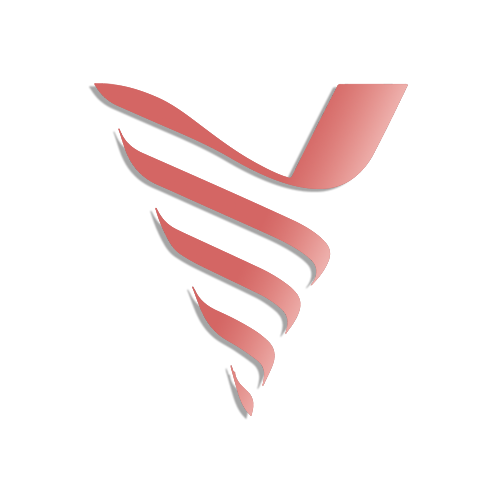ERP solutions can be customized to various business needs and sizes. While larger companies often utilize complex and comprehensive ERP systems, smaller businesses can benefit from more streamlined and affordable options.
Let’s explore an example of how a company might use ERP software in its day-to-day operations.
Company: XYZ Manufacturing
1. Inventory Management
- XYZ Manufacturing uses ERP to track raw materials, finished goods, and work-in-progress inventory.
- When a production order is generated, the ERP system automatically adjusts inventory levels, ensuring accurate stock counts.
2. Supply Chain Coordination
- ERP helps coordinate with suppliers. When inventory levels fall below a threshold, the system generates purchase orders.
- The purchasing department communicates with suppliers through the ERP platform, streamlining the procurement process.
3. Financial Management
- The finance team uses ERP for accounting, payroll, and financial reporting.
- It tracks expenses, revenue, and profit margins, providing real-time insights into the company’s financial health.
4. Sales and Customer Relationship Management (CRM)
- The sales team accesses customer data through the ERP system.
- They can view order history, customer preferences, and outstanding payments.
- CRM features help manage customer interactions, improving overall customer satisfaction.
5. Production Planning and Scheduling
- ERP assists in creating production schedules based on demand forecasts.
- It allocates resources (machines, labor, etc.) efficiently, minimizing downtime and maximizing productivity.
6. Human Resources (HR)
- HR uses ERP for employee records, payroll processing, and performance evaluations.
- It ensures compliance with labor laws and maintains personnel data securely.
7. Quality Control and Compliance
- ERP monitors quality control processes during production.
- It ensures adherence to industry standards and regulatory requirements.
8. Reporting and Analytics
- Managers and executives rely on ERP-generated reports for decision-making.
- These reports cover various aspects, including sales trends, production efficiency, and financial performance.
In summary, ERP software integrates various business functions, streamlining processes, enhancing communication, and providing a holistic view of company operations. It’s a powerful tool for efficient management and growth.


